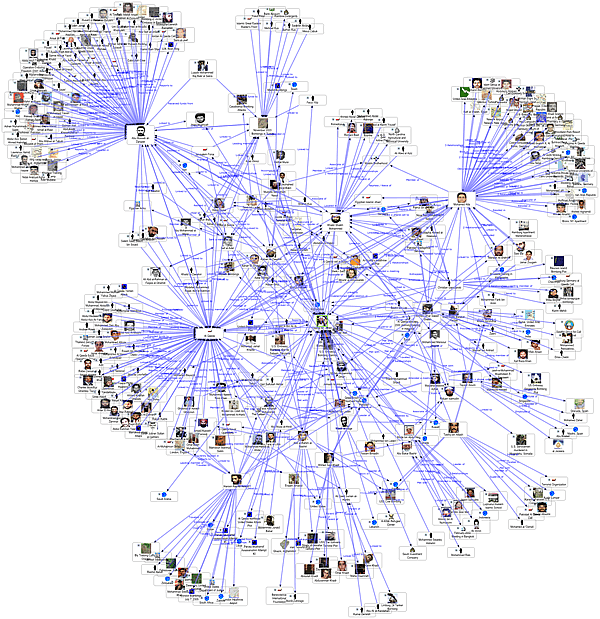Today, let's talk about your friends. The University of Houston's College of Engineering presents this series about the machines that make our civilization run, and the people whose ingenuity created them.
You may have noticed that your friends seem to have more friends than you do. And you are right — on average, your friends are more popular than you are. This is true on Facebook and in real life, and is a consequence of what statisticians call biased sampling: You are more likely to befriend an outgoing, easy-to-get-along person than a recluse who hardly talks to anyone. Your typical friends make friends easily. Therefore you do not form friendships at random - statisticians would say that your friends are a biased sample of society.
Biased sampling is why playing a game of poker against strangers in a casino is usually a bad idea — you are more likely to meet an opponent who spends a lot of time playing the game, rather than a beginner.
More surprisingly, not only are your friends more popular, but on average they are also more successful. The reason is that people with more friends seem to be more successful. We have already established that because of biased sampling your friends have more friends than you do. If more friends means more success, it follows that your friends are on average more successful than you are. Hence comparing yourself to your friends is not a good idea — you are using a biased sample of society that is likely doing better than you.
OK, you may say, but is this useful? Indeed it can be — select a group of students at a university, and ask them to give you the name of a few of their friends. On average they will name people who are more popular, and therefore have more social contacts than the average student. If you are interested in hearing the latest rumor, you will be well advised to go to this new group. But, since these friends are more popular, they also have more interactions with others, and may be among the first to get sick in an epidemic.

A map of the activities and interactions
at Intermediae in Madrid, 2009
Researchers have confirmed that this is the case: they asked random students to name friends, and found that in a flu outbreak this named group got sick about two weeks earlier than the average student. To get an early warning of an impending epidemic, you can therefore pick people at random and ask them if their friends are sick.
So mathematics tells us something valuable about our friends: Comparing our accomplishments to theirs is likely going to leave us depressed. Instead listen to your friends if you want to hear about a good place to eat, what concert to go to, or interesting new technology. Enjoy the strange fact that your friends really are in most respects better than the average person.
Πηγή: engines.egr


Δεν υπάρχουν σχόλια:
Δημοσίευση σχολίου